Coping with Quiet BPD: Tips for Better Health
People usually say others who seem too moody have bipolar disorder. Socially withdrawn people may seem depressed. Yet, others might have quiet BPD.
People with quiet borderline personality disorder direct their thoughts and emotions inward rather than outward. Around 1.6% of the global population has it, so it can be difficult to get help.
Fortunately, this article will elaborate on quiet BPD’s symptoms and causes. As a result, you can request help for yourself or someone you know who has this mental health condition.
What is quiet BPD?
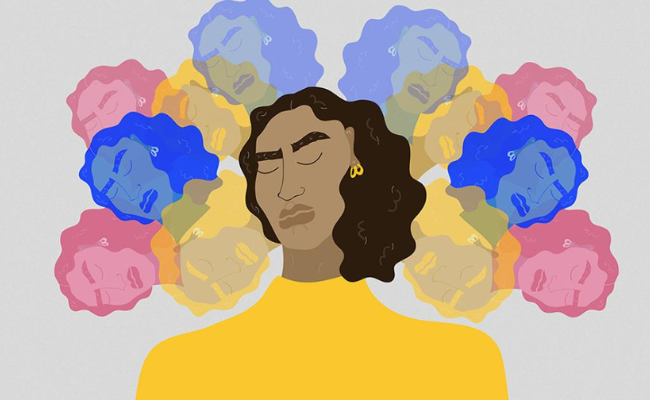
Photo Credit: metro.co.uk
Quiet BPD is not an official diagnosis, says Ernesto Lira de la Rosa, Ph.D, a New York psychologist. Instead, it refers to one of four subtypes of borderline personality disorder.
The subtype of quiet borderline personality disorder (BPD) is also known as the “discouraged” subtype.
Yet, Dr. Lira de la Rosa said people who have it experience the same “sense of instability in interpersonal relationships, self-image, affect and impulsivity.”
Unlike others with typical BPD, “these individuals may internalize rather than externalize their behaviors,” he added.
In other words, people with this mental health condition meet the criteria for a BPD diagnosis but do not fit the conventional profile.
According to Healthline, people with BPD must exhibit “an ongoing pattern of unstable interpersonal relationships.”
Also, their self-image and emotions are unstable. Folks with BPD experience mood swings that usually manifest by early adulthood due to various factors.
People with quiet BPD also have these issues, but they direct their feelings towards themselves to keep them away from others.
What are the causes of quiet BPD?
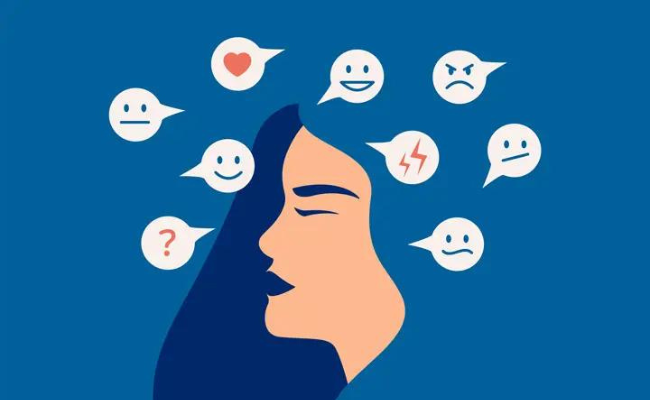
Photo Credit: blog.cottonwooddetucson.com
The causes of quiet BPD are the same as those for regular borderline personality disorder. Like other medical conditions, a person could inherit an increased risk of BPD from a family member.
Moreover, studies suggest that someone is more likely to get quiet borderline personality disorder due to childhood neglect and physical or emotional abuse.
Physical changes to the brain may affect one’s tendency for quiet BPD, but further research is needed to understand this risk factor.
Nearly 1.4% of US adults experience quiet BPD, but there is insufficient research to confirm this number.
What are the symptoms of quiet BPD?
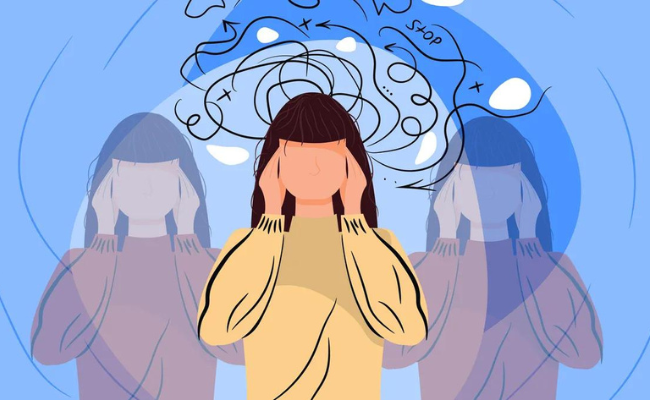
Photo Credit: www.cnet.com
The symptoms of BPD and quiet BPD are similar, except the latter involves diverting emotions inward instead of outward.
The Diagnostic and Statistical Manual of Mental Disorders, 5th Edition (DSM-5) lists the following characteristics that identify borderline personality disorder:
- Fear of abandonment, whether real or imagined
- intense and unstable interpersonal relationships
- a disturbance of identity, which results in an unstable self-image or sense of self
- impulsive behaviors in at least two areas that are self-damaging, such as spending money, sex, substance use, driving, or binge eating
- recurrent suicide thoughts or threats, or self-harm
- instability of mood or reactive mood
- chronic feelings of emptiness
- Experience intense emotions like anger or difficulty controlling anger
- stress-related paranoid ideation, or severe dissociative symptoms that are temporary
How do you know if you have quiet BPD?
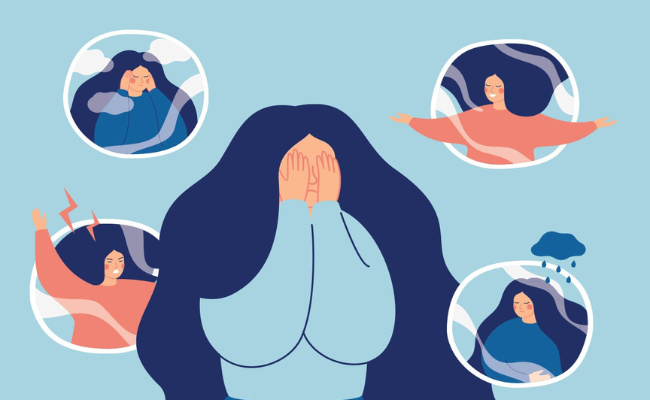
Photo Credit: healthscopemag.com
It can be difficult to identify these symptoms if you’re not a mental health professional. Also, you might have trouble assessing your condition while you’re having a quiet BPD meltdown.
Fortunately, you can ask the following questions if you or someone else probably has quiet BPD. Note that you should consult licensed mental health professionals for assistance:
- Do you have bad mood swings that can last days, but nobody around you really knows how you are feeling?
- Do you feel guilty or ashamed a lot of the time, even though others might tell you that you have nothing to feel guilty about?
- If you have a conflict with someone, is your go-to response to blame yourself?
- In relationships or friendships, do you have a tendency to idealize someone but then eventually decide that you don’t like them anymore (even if you don’t outwardly let them know)?
- Does it feel as though you are separate from everyone, empty, or numb all the time?
- Does it sometimes feel as though you are watching yourself go through the motions or like your life is “surreal”?
- When you get angry, do you have a tendency to push it down or suppress it?
- Do you feel like a burden to others or that you are just taking up too much space?
- When people hurt you, do you have a tendency to cut them out of your life rather than try to discuss what happened?
- If you get upset, is your tendency to go into withdrawal mode and not talk to anyone at all?
What can trigger a quiet BPD episode?
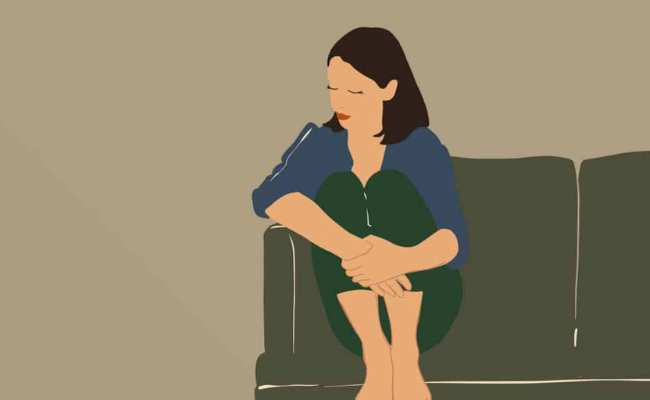
Photo Credit: themighty.com
A quiet BPD episode usually triggers in early adulthood, so it may seem perplexing for someone unaware of their mental health condition.
Hence, you should be aware of the factors that may trigger an episode. Fortunately, Dr. Lira de la Rosa shares a few factors that may trigger a quiet BPD meltdown.
For example, a person who got criticized, rejected, or abandoned may experience an episode, causing them to exhibit more people-pleasing behaviors.
Distressing images that remind them of traumatic events may also push people to have quiet borderline personality disorder.
What are the effects of quiet BPD?
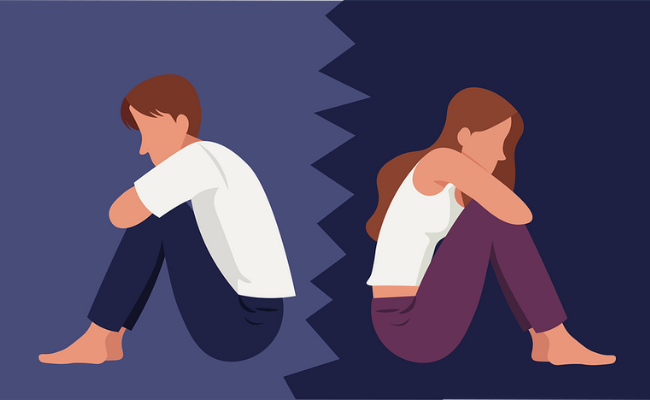
Photo Credit: www.drpsychmom.com
The effects of quiet BPD on daily life are the same for those with a regular borderline personality disorder. First, the condition could hinder you from starting and building relationships.
Quiet borderline personality disorder causes a person to have extreme tendencies to seek company and avoid getting their feelings hurt.
As a result, the contradicting urges make it difficult for someone to establish deep connections. Also, you might struggle to maintain your school or work life.
Quiet BPD increases your chances of acting out impulsively. For example, you might engage in uncontrolled gambling, drinking, and spending.
These destructive behaviors may take time away from more productive activities in school or the office.
Moreover, quiet borderline personality disorder increases your risk for other mental health conditions:
- Attention deficit hyperactivity disorder (ADHD)
- Anxiety disorders
- Bipolar disorder
- Depression
- Eating disorders
- Substance use disorders
Worse, people with quiet BPD usually have thoughts of self-harm and suicide. If you or someone you know suffer from such problems, seek professional help immediately.
How is quiet BPD treated?
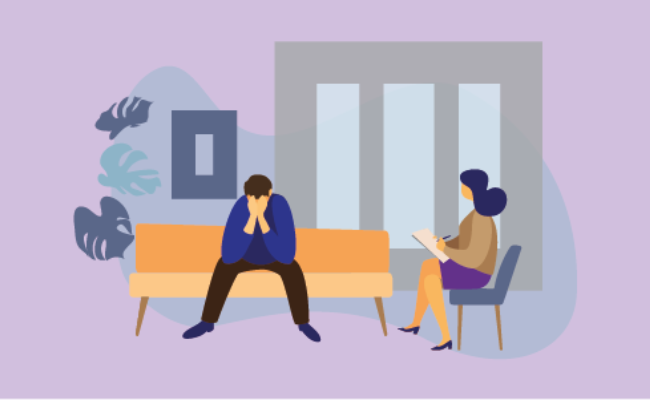
Photo Credit: www.oneeducation.org.uk
You get quiet BPD treated the same way you would for conventional BPD. You consult a licensed therapist, psychologist, or psychiatrist for professional help.
They have the skills and knowledge necessary to properly identify the right type of treatment.
These experts usually start with therapy sessions, one-on-one conversations meant to diagnose your condition. Depending on the diagnosis, they may conduct a quiet BPD test.
Dialectical behavioral therapy (DBT)
Afterward, your therapist may conduct dialectical behavioral therapy (DBT).
It is a type of cognitive behavioral therapy (CBT), a method of guiding someone through their negative behaviors or thought patterns to find better alternatives.
DBT prioritizes acceptance and emotional regulation, and Dr. Lira de la Rosa says it is “the gold standard for treatment of BPD.”
Expect to work on skills for coping with distressing or challenging emotions. Also, you will learn how to accept and handle such feelings when they arise.
It teaches you how to manage interpersonal relationships and practice mindfulness. The latter involves focusing on the present to prevent idle negative thoughts brought by BPD.
Mentalization-based Therapy (MBT)
On the other hand, your psychiatrist may offer mentalization-based therapy (MBT) instead.
Quiet BPD urges you to focus inward, so MBT helps you handle internal events and their impact.
For example, it helps you avoid exaggerating mild criticism into abject rejection. As a result, you are less likely to become severely affected by mundane negative comments.
Schema therapy
Your therapist may recommend schema therapy for your quiet BPD. A schema is the “filter” through which you view the world or other people.
For example, you might have developed a schema that strangers are hostile because of mean people in your childhood.
It usually involves roleplay so that you can see from the perspective of others you view through your schema.
That part of schema therapy lets you understand that your schema does not match an actual person’s intentions.
As a result, you can erase schemas that cause your quiet borderline personality disorder.
How do you cope with quiet BPD?

Photo Credit: namispokane.org
Your therapist may also prescribe psychoactive medicines for your condition. Moreover, you can practice various methods to cope with quiet borderline personality disorder.
Aside from your therapist, you should find someone you trust who is willing to listen to your problems.
That person could be a family member or friend who would help you deal with quiet BPD, without the risk of sharing your deepest thoughts with strangers.
Also, eat a healthy diet, exercise regularly, and sleep for eight hours every night. These may seem cliche, but your psychologist would agree.
Your physical well-being significantly affects your mental health. Moreover, find positive activities that can help you relax.
For example, try a hobby, such as biking or gardening. You could also practice meditation by following online guides or downloading apps.
Practice becoming fully aware of your emotions by writing them down in a journal. Review your past experiences to understand how to cope with them.
Also, become more tolerant of the uncertainty of daily life. Everyone follows structured daily routines, but they are likely to encounter unexpected situations.
As a result, you must accept that life is unpredictable. Tolerate moments that may interfere with your routine so that you can continue living a healthy and happy life.







